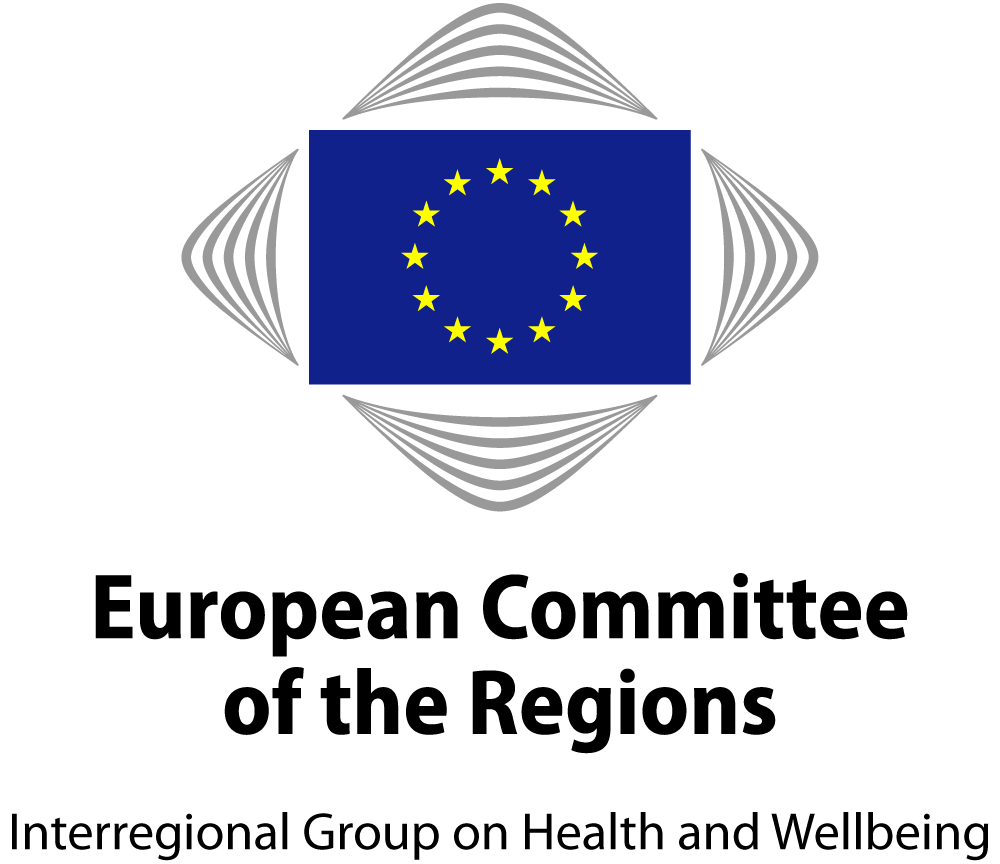
The CoR Interregional Group on Health and Well-being (IRGHW) held a meeting on 16 June. The event was set to discuss some critical issues related to Europe’s Beating Cancer Plan and exchange opinions between the European institutions and stakeholders on the fight against cancer in the EU.
Ms. Sara Cerdas, MEP (S&D), Vice-Chair of the BECA Committee, presented an overview of the European situation regarding cancer and touched upon the four pillars of the Plan. She stressed the importance of having a holistic approach in implementing the Plan, investing efficiently in research, socio-economic determinants of health, healthier environments, and better implementation of prevention tools, such as screening programmes and vaccination. The Plan must be coordinated with other European initiatives, such as the European Health Data Space and the Pharmaceutical Strategy, and satisfy the real need of European Citizens.
Ms. Hana Horka, Policy Officer, Europe’s Beating Cancer Plan Taskforce at DG SANTE, focused on the implementation aspects of the Plan and stressed the importance of multi-level cross-sectoral cooperation amongst policymakers. In Ms. Horka’s opinion, regions can play a central role in developing effective cancer prevention strategies and policies, novel approaches for early detection, personalised medicine, and setting up a network of Comprehensive Cancer Infrastructures within and across all EU Member States.
Ms. Brigitta Sacrédeus, Chair of the Interregional Group, highlighted some weaknesses in the regional and national response to cancer. There is still a lack of data concerning the survival rate in the Member States. In terms of prevention, there is a discrepancy between girls and boys for HPV vaccination. Then, she highlighted the importance of Comprehensive Cancer Centres and the lack of patient-reported outcomes in the national cancer registries, calling for greater attention to patients’ experience during treatment and as survivors.
Giovanni Gorgoni, EUREGHA Chair and Director at AReSS Puglia, depicted the functioning of the cancer network in his region (ROP – Rete Oncologica Pugliese), stressing the importance of multidisciplinarity, recognizability, and digital solutions. Regions are the appropriate entity to integrate specialised centres, follow-up, and social service as they are the crossing point between political commitments, the EU or States, and healthcare providers.
Mr. David Ritchie, Cancer Prevention Manager, Association of European Cancer Leagues, expressed the importance of screening for early detection and set special attention on keeping in mind the differences between national and regional healthcare systems when implementing the Cancer Plan
Mr. Matthijs Van Meerveld, Director of the Oncology Policy EUCan at MSD and Co-chair of All Can’s Public Affairs working group All.Can, focused on the concept of efficiency, avoiding the expenditure waste of ineffective practices. He emphasised the need to put patients at the centre and promote an evidence-based and data-learning-driven system.
Ms. Antonella Cardone, Director at European Cancer Patient Coalition, presented a survey recently conducted in ten countries regarding patients’ opinions and experiences on cancer care. She stressed the importance of close monitoring during the implementation phase of the Plan to ensure that patients’ needs are effectively met.
The meeting reserved, at its end, a moment for questions and exchange of ideas and opinions. Particular attention was paid to the value, creation and accessibility of data, and prevention strategies.


